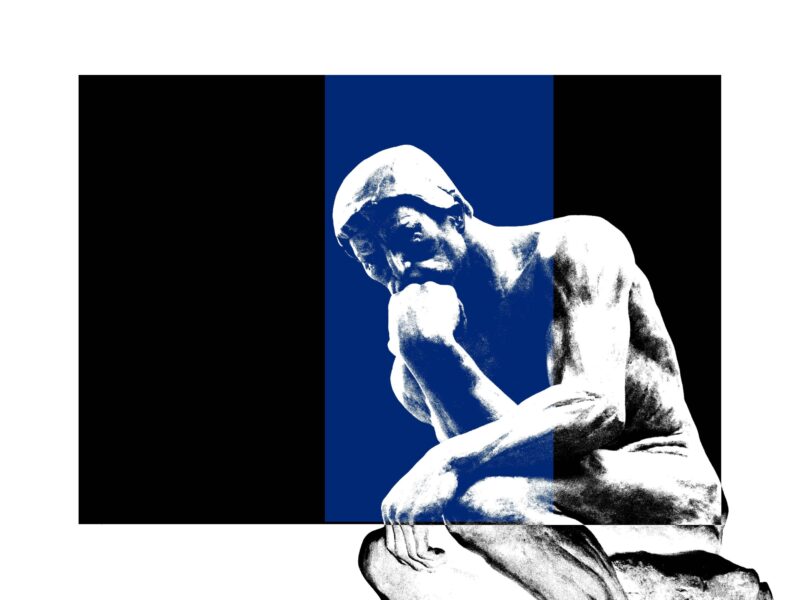“Don’t be evil.” These are three little words that have come to define the corporate culture of one of the world’s most massive and innovative companies. But since its inception in 2001, the slogan has faced heaps of criticism. More accurately put, Google has come under fire for not practicing what it preaches. Most notable among its many hypocrisies might be Google’s compliance with China’s Golden Shield Project, an ubiquitous and stifling Orwellian enterprise designed to censor and monitor millions of Chinese Internet users. Google.cn was appropriately restricted inside China, painfully evidenced by the results of a search for “tiananmen square” – no tanks, no corpses, just glorious buildings and smiling Chinese faces.
Apologies were issued by Google at the time of the compliance, thrusting forward into our collective faces their bound wrists, as if to say “we have no choice!” Elliot Schrage, the vice president of public relations and global affairs at the time, tried to make amends with Western audiences, insisting that some access to information is better than none for the oppressed Chinese masses. Schrage’s testimony before the US States House of Representatives in 2006 was posted on Google’s official blog, where he admitted that “though far from ideal,” the agreement was a more beneficial alternative to simply shutting down Google.cn, and that Google believed their approach to China to be “consistent with this mantra [‘don’t be evil’].”
Schrage’s hapless explanation fell on deaf ears. And frankly, it made little sense: how can one remain consistent with an absolute mantra like “don’t be evil” by being… well, by being evil? Selling your soul is still a deal with the devil. What had happened to that brash, anti-corporate, pro-ethics multi-billion dollar global entity we had come to know and love? Just when we thought the hammock-loving Hank Scorpio (well, minus the maniacal plans for global domination, but holding onto the rogue businessman attitude) had finally made the leap from the small screen to reality, our hopes get dashed on Chinese government-approved and regulated rocks (now in three shades of grey!).
Well, I’m writing now to say that my faith in Google has been, at least partially restored. In late December, Google was the victim of a string of sophisticated cyber attacks that targeted the email accounts of some prominent Chinese human rights activists. Though this information was not released until January 14, it appears the highly-organized attackers were hired virtual thugs in the employ of none other than the dastardly Chinese government (collective gasp). The breaches were repaired, the security holes were plugged, and Google composed itself in preparation to release a statement about the incidents.
But rather than play it safe with a vague corporate rent-a-message, Google had this to say on its official blog: “We have decided we are no longer willing to continue censoring our results on Google.cn, and so over the next few weeks we will be discussing with the Chinese government the basis on which we could operate an unfiltered search engine within the law, if at all.”
Translation: “Fuck you, China.”
Google has previously shown that it does not issue empty threats: in early 2009, South Korea passed a law mandating that all high-traffic websites (100,000 visitors a day or more) demand personal information from users who want to comment or upload content. Users would be required to post under their real, full names, and they’d also have to submit information as sensitive as a social insurance number. Google’s response? They disabled comments and uploading on their South Korean YouTube website. “Fuck you, too, South Korea.”
It’ll be fascinating to watch this situation develop over the coming months. Google seems to be re-attuning its values towards that “don’t be evil” mantra, which is good news for good people everywhere. But every superhero must have his anti-self – a villain that stands for and is comprised of everything that the hero is not. And unfortunately for Google, they’ve drawn the most rapidly developing, populous, repressive villain in the world: 21st-century evil incarnate, China. Cross your fingers, folks – good versus evil is about to get underway.



